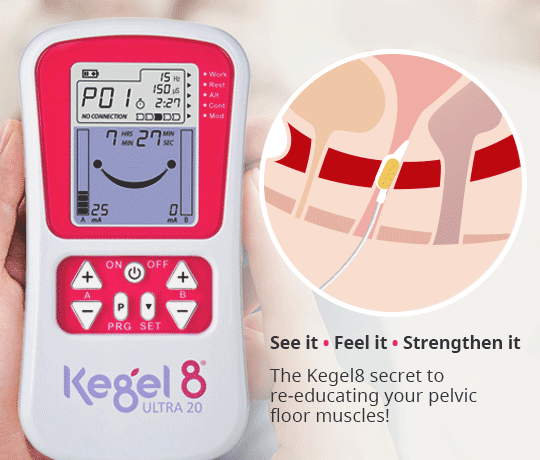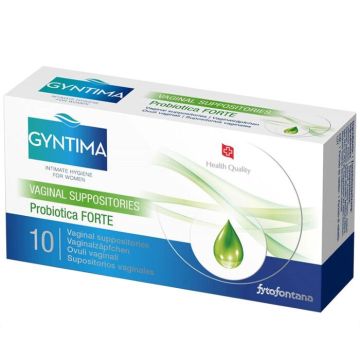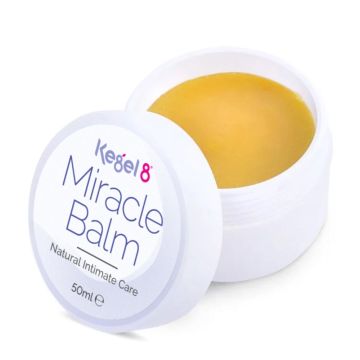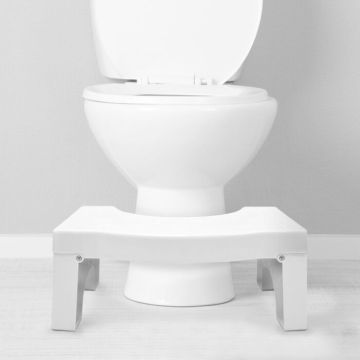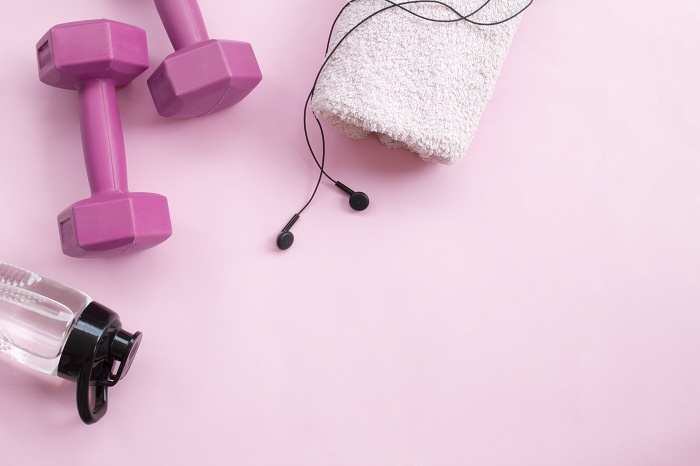
Water. We know we should be drinking it, we know how important it is to our health, but it’s just so easy to forget. With our busy lifestyles and hectic schedules, it’s hard to find room for bladder health reminders.
Perhaps you've invested in a fancy water bottle that reminds you when you need to drink, or you may casually sip coffee throughout the day, but do you know if you need to drink more? Read on to learn more…
How much water should you be drinking per day?
Your regular fluid intake should be between 1.5 to 2 litres in a 24 hour period. But this isn’t just up to 2 litres of water – this is ALL of your fluids added up together. Whether it be coffee, juice, alcohol or water, all these count towards your daily fluid intake; even foods like soups or ice cream count!
It is advised to evenly space your drinks out at approximately 2 hour intervals, with your final full drink of the day 2 hours before bedtime.
But, not all drinks are equal!
Any fluid can hydrate you, but the ingredients within them can affect your body differently.
- Tea and coffee contain caffeine, and this is a known bladder irritant. So, expect more toilet trips than normal if caffeine is included within your daily fluid intake.
- Alcohol is a diuretic. This means that it stimulates your bladder to produce more urine, which ultimately, leads to more toilet trips. Your bladder can also react differently to certain types of alcohol!
- Sugar can be found in fizzy drinks, hot chocolates or fruit teas. Acting as a stimulant on the bladder, sugar can lead to increased urgency and frequency – so it’s worth cutting back on sugar in your diet if you’re wanting a happy and healthy bladder.
What are the signs of dehydration?
If your body is not taking in enough fluid, you can very quickly become dehydrated. Typical dehydration symptoms include:
- Feeling thirsty
- Dark yellow and strong smelling wee
- Urinating less than 4 times per day
- Dry mouth, lips or eyes
- Feeling dizzy or lightheaded
- Feeling tired
How do fluids affect the bladder?
How to keep your bladder healthy
- Kegel! – You can keep your pelvic floor muscles strong with pelvic floor muscle training; this will help to hold urine in the bladder and prevent those embarrassing little leaks.
- Keep hydrated – If you do suffer from little leaks, you may be cutting back on your fluid intake to minimise leakage risk. But this is not recommended! Make sure you are still drinking plenty of water to keep your bladder healthy.
- Don’t rush – When you’re on the toilet make sure you take your time. If your bladder does not empty fully you may experience bladder infections over time.
- Ignore the first signal – Your bladder will usually signal to you when it has filled up about 150ml. But it can actually hold on to around 300ml. Physiotherapist, Amanda Savage, recommends that you should ignore the first message, and it will quickly disappear within minutes. About an hour or so later, your bladder will signal again when it’s reached the 300ml point – this is when you should go for a comfortable wee.
Let us know how you keep your bladder healthy in the comments section below!
Sources
[1] Bladder and Bowel (2019) Eating Your Way To A Healthier Bladder And Bowel [online]. Bladder and Bowel Support Company [viewed 09/05/2019]. Available from https://www.bladderandbowel.org/news/eating-way-healthier-bladder-bowel/
[2] NHS (2017) Dehydration [online]. NHS [viewed 09/05/2019]. Available from https://www.nhs.uk/conditions/dehydration/
[3] Supported Mums




